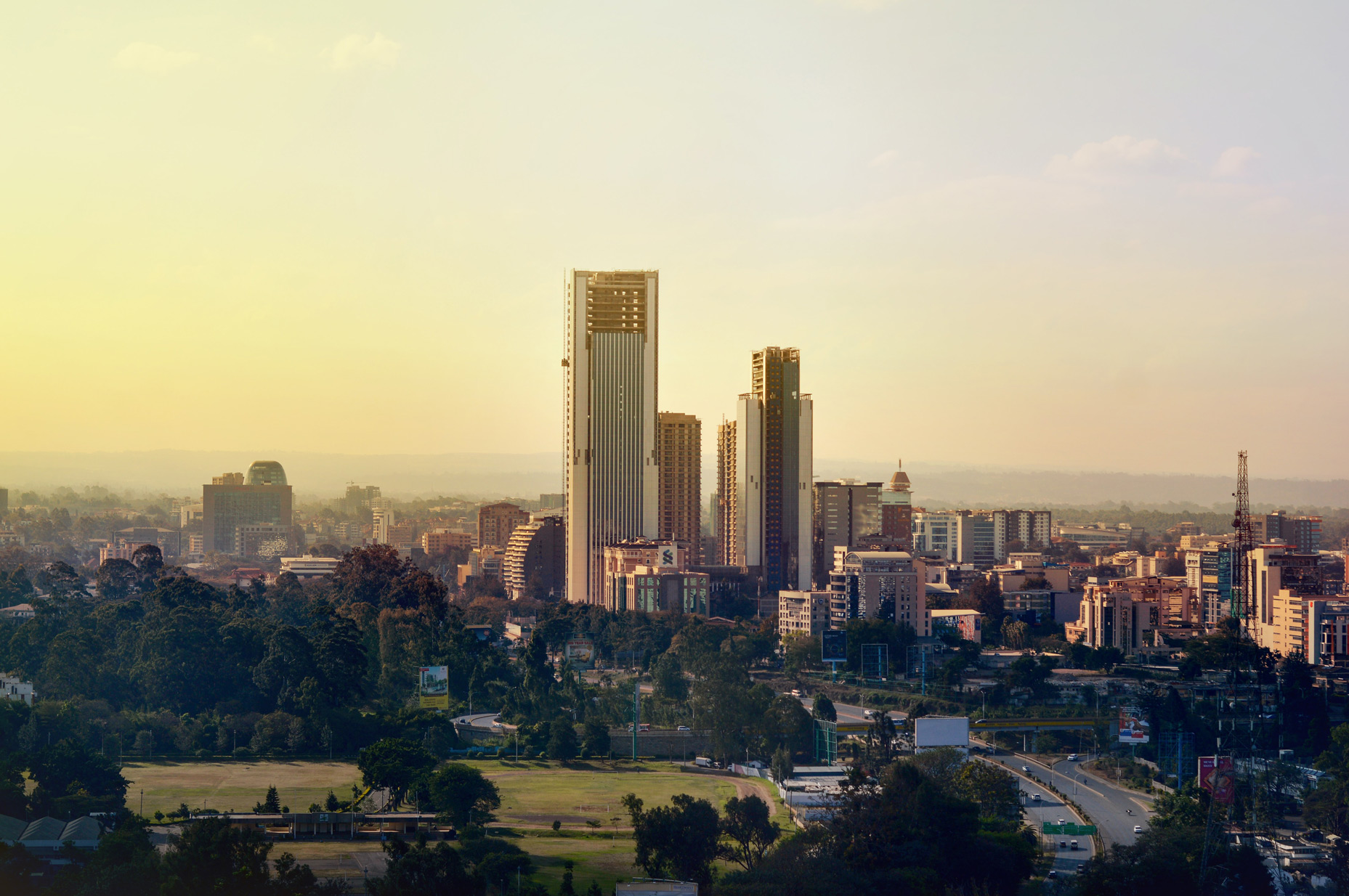Real estate can be defined as property in the form of land or buildings or the business of selling land and buildings. For the purposes of this piece, we will be focusing on the former definition.
For the past two decades, the Kenyan real estate market has grown exponentially as evidenced by its contribution to the country’s GDP which grew from 10.5% in 2000 to 12.6% in 2012 and 13.8% in 2016.
Let’s take a look at how residential and commercial real estate is faring now.
Residential
Despite Covid-19’s challenges, the real estate industry is optimistic in 2022. With mortgage rates expected to remain below 5%, housing demand is expected to remain high. Nonetheless, one of the lead causes of the shortage in housing is sighted to be an underdeveloped mortgage market. According to the National Association of Realtors, an estimated 50% of buyers used the internet to search for a property, with that figure increasing to 93% for people under the age of 36, hinting that millennials will be the ones to save the sluggish housing market.
The largest demand in the housing market has been for affordable housing to cater for the 61% of urban dwellers who live in slums and the shortage of student accommodation accounts for 40% of the housing deficit. This has led to developers increasingly applying low-cost housing construction methods such as alternative building technologies which are known to reduce construction costs by as much as 50%. In addition, with the demand for a live-work-play lifestyle, master-planned communities are increasing.
Pic: An Affordable Housing Scheme in Ngara, Nairobi. Courtesy.
Commercial
Office Spaces
The Kenyan office sector has grown rapidly over the past decade, in tandem with the improving economy, as firms expanded their operations while multinational firms continually set up their base in the country which is considered the key gateway to the East African market and a leading economic hub in Sub-Saharan Africa. As the sector grows, it’s witnessing new trends due to the clientele changing its preference and international firms creating demand for something that is of world-class standard. Serviced offices are quickly gaining popularity due to the growing SMEs and as the dynamics of office space design. In a bid to reduce operating costs and provide a safe and healthy environment for workers, developers are increasingly employing green building technology as it has also been proven to increase employee productivity.
Smart offices are also a new trend that has changed the office space area. With amenities like an equipped gym, cafeterias and entryways for people living with disabilities. Nowadays, so as to meet the demands of clients, offices are designed to feel like home with modern facilities, especially after the Covid-19 pandemic which saw a great number of people adopt the WFH (Work From Home) Model.
Prime Office space in Riverside Drive, Nairobi. Image Courtesy of Office Freedom
Co-working Spaces
According to research carried out by Coworker , the largest co-working listing platform, the number of co-working spaces worldwide was projected to reach almost 20,000 in the year 2020 and cross over 40,000 by 2024. They estimate that almost 5 million people will be working from co-working spaces by 2024, an increase of 158% compared to 2020. Such preliminary data shows a 26% higher number of seats per request and 96% longer contract terms. In a post-COVID-19 world, these statistics make it easy to predict that coworking will become even more mainstream, especially since companies are shifting to remote-first workforces.
Pic: Jenga Leo Co-working Space in Kenya. Courtesy of Jenga Leo
The Economic Times, in a recent article regarding office spaces, suggest that there has been a collective shift in the way people all around the world are adapting to new work environments. The article states that organisations are looking to adopt a hybrid method of working, encompassing both the option of WFH and working from the office. As corporations look for fresh ways to cater for a younger workforce, they are adopting the Co-working/ Flexible workspaces options. In light of the pandemic, the said adoption is significantly on the rise, as this offers a nearly hybrid type of working. According to a WeWork study conducted in late 2020, 90% of the existing workforce at the time were itching to be back to working from the office.
This is due to various factors that came to light from the working population after the adoption of the WFH working method. For instance, many people felt that lack of working from the office hinders collaboration which is the key element to bringing about creativity and innovation. Moreover, remote working also waters down the long-term organisational culture, such that new employees feel isolated from the company structure and way of company life
Increasingly, there are other reasons for the growing popularity of these workspaces. The first, and most obvious one, is the cost of optimization. The workspaces do not tie an organisation to a traditional long-term lease (for example a minimum of a six-year lease in Kenya) but instead offer flexible options of monthly renewals, yearly renewable lease options and other flexible packages. Another reason is the fact that the workforces in these spaces can collaborate greatly, and increase their productivity. As mentioned above, workforces were missing that aspect of collaboration that leads to increased creativity and innovation. In such spaces, members not only interact with people in their own organisation but with people from other companies, causing them to even network for free! These spaces have therefore become not only workspaces but communities where business people support each other through networking and resource sharing.
At Impact Africa Network, we are not only working to provide a solution for this growing market segment but also to establish a place where great African Brands are born. The project coined Launchpad will house an ecosystem of entrepreneurs, innovators, corporates, start-ups and different types of programs all under one roof. It will be more than a co-working space, it will be a phenomenal innovation campus! Keep it locked for more details to come.
References:
www.saifproperties.com www.buyrentkenya.com
www.coworkingresources.org www.african.business
www.cytonn.com www.olivelimited.com

